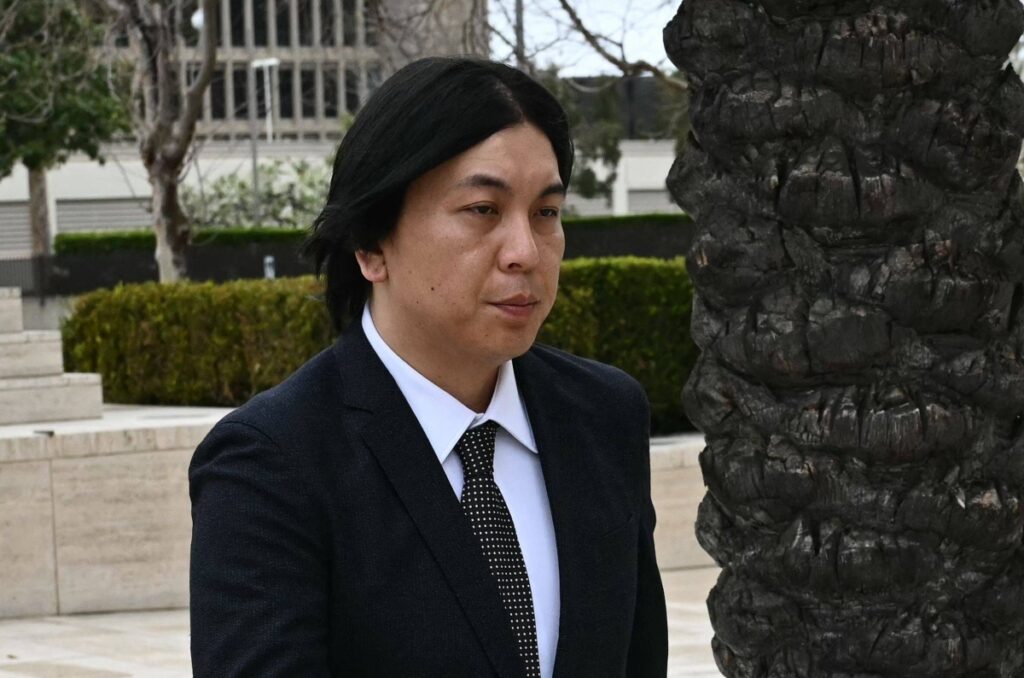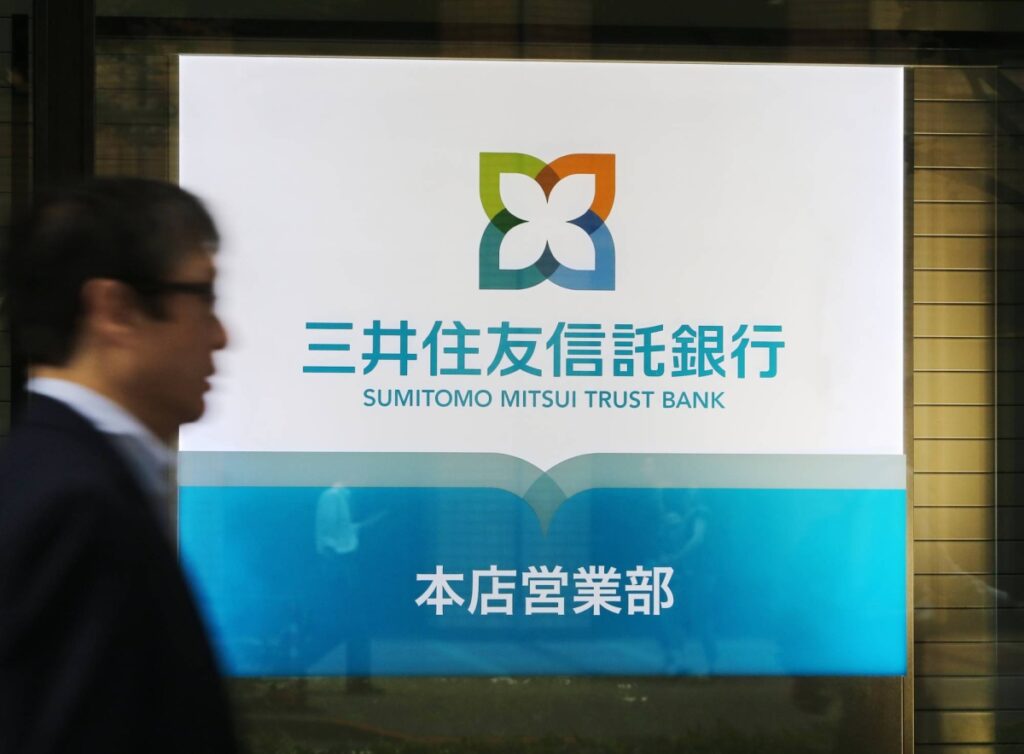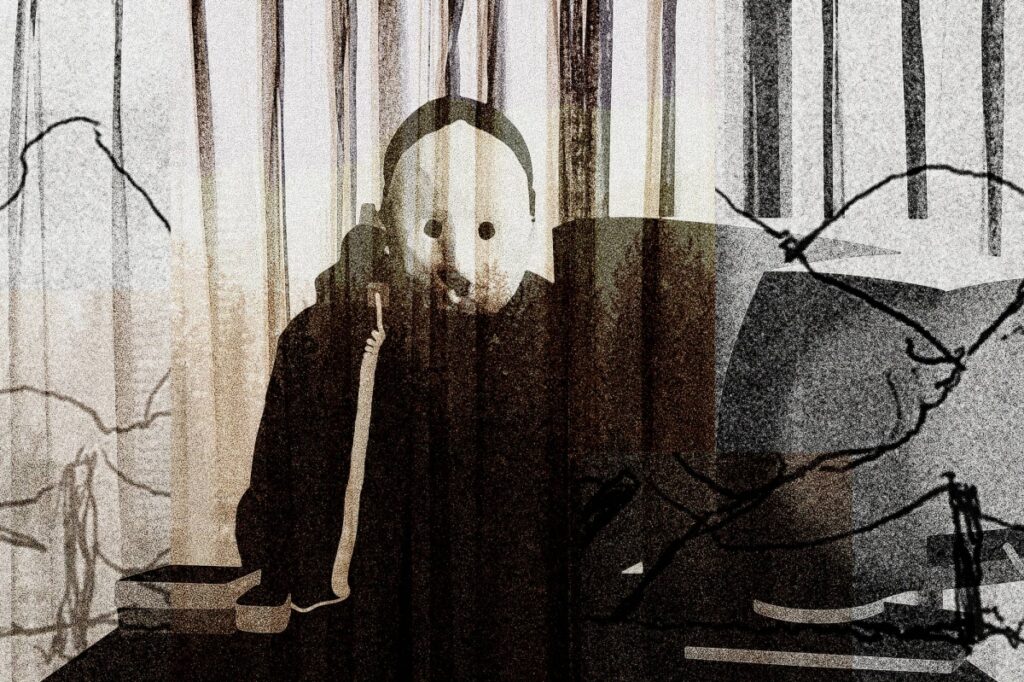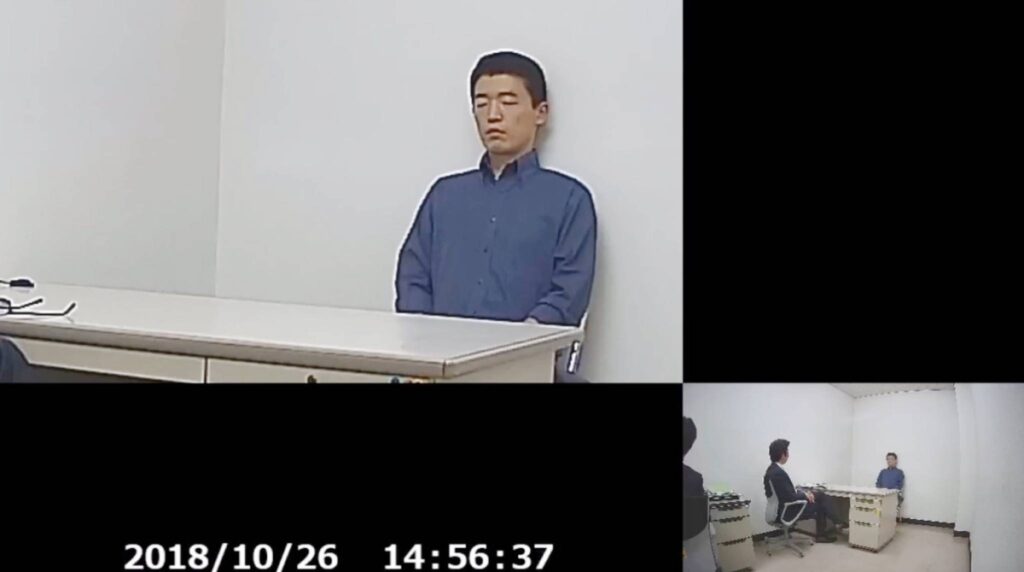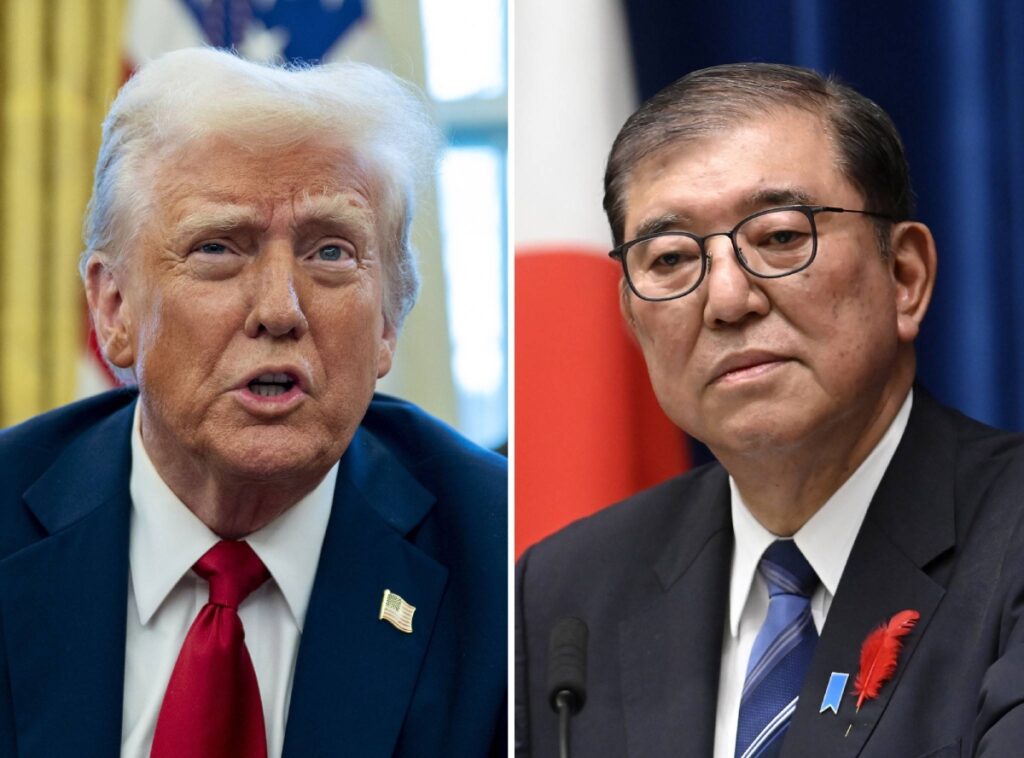The Tokyo High Court upheld a lower court’s decision Thursday, ordering the state to pay compensation to a former lawyer for emotional distress resulting from verbal abuse he suffered while under interrogation. Presiding Judge Hidetaka Matsui upheld the Tokyo District Court ruling that the government should pay ¥1.1 million ($7,215) in damages to the former lawyer, Yamato Eguchi. However, the judge rejected Eguchi’s claim in his appeal that it was illegal for the prosecutor conducting the interrogation to continue questioning him for about 56 hours despite the fact he had stated his intention to remain silent. The district court ruled last July that Eguchi, 38, had his personal rights violated during the interrogation, in which the prosecutor called him derogatory words such as “brat,” and ordered the government to pay compensation to him. Eguchi had sought ¥11 million in damages for emotional distress. Eguchi was arrested and taken to the Yokohama District Public Prosecutor’s Office in 2018 on charges of helping a criminal avoid arrest. He was later found guilty and given a suspended sentence. When he was interrogated after his arrest, Eguchi allegedly said, “These are groundless accusations,” before stating his intention to remain silent. In response, the prosecutor conducting the interrogation apparently said, “You’re a brat” and “You’re so simple-minded, like a little kid,” among other demeaning phrases. The latest case is one of several wherein a prosecutor was found to have acted improperly during an interrogation. The Supreme Public Prosecutors Office has acknowledged a series of interrogations conducted by prosecutors as being “inappropriate.” For example, the Osaka District Public Prosecutors Office’s special investigation department confirmed an incident in which a prosecutor in a public embezzlement case verbally abused a suspect during an interrogation with phrases such as “Don’t mess around with this investigation.” The special investigation department of the Tokyo prosecutors office has also found cases in which prosecutors used phrases such as “Going against the Public Prosecutors Office is the same as saying you’re with organized crime” to get suspects to confess to crimes during interrogations. “The problem won’t be resolved unless the Public Prosecutors Office’s approach of continuing to apply pressure on suspects who have declared their right to remain silent changes,” Eguchi’s attorney, Keita Miyamura, said. “It is not just a problem of one prosecutor, it’s widespread,” he added. Miyamura said a growing practice of recording interrogations has led to the uncovering of prosecutors’ inappropriate tactics. The discovery of a case of evidence falsification by the Osaka District Public Prosecutors Office special investigation department in 2010 led the Supreme Public Prosecutors Office to release a document titled, “The Principles of Prosecution,” which touched on paying due attention to suspects’ assertions, securing true statements on a voluntary basis, and the fairness of questioning, among others. Last year, the Supreme Public Prosecutors Office sent to prosecutors offices nationwide a second document that details what constitutes reasonable interrogation tactics. Eguchi contended that neither the documents nor the practice of recording the questioning of suspects could stop what he described as “illegal interrogations.” “Prosecutors need to stop interrogating those who have declared their right to remain silent,” he added. Translated by The Japan Times Source link



